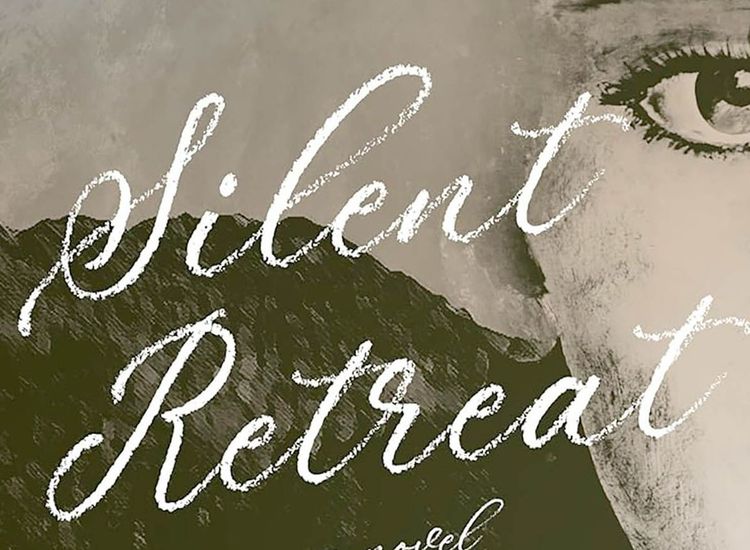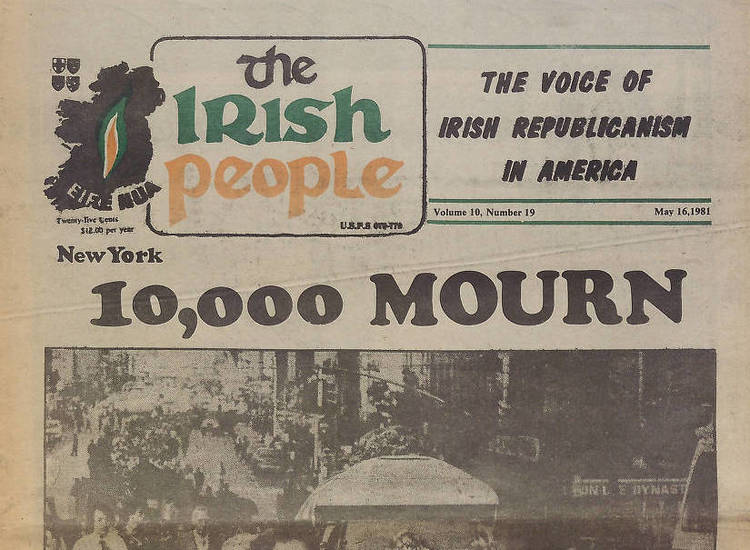Tempers flaring between Kilkenny’s Conor Fogarty and Daniel Kearney of Cork in last year’s All Ireland July 13 quarterfinal at Croke Park. Officials are allowing too much physicality and outright violence at the top level in hurling to maintain the “flow of the game.” INPHO/LASZLO GECZO
By P.J. Cunningham
Cold turkey has set it for a lot of sports fans these past few days – nothing to watch live and only the beginning of a mind-numbing series of reruns on the television.
How are we going to get through these coming weeks, if as seems likely, things will get worse before they get better?
The truth is we are in uncharted waters and we can look at it in two ways – that it is a terribly boring time or that you can challenge yourself to read up more about sport. Luckily there are great books out there on every sport and I have found it a great source of satisfaction this past week.
Having this downtime also allows us as sports lovers the opportunity the reflect on the game(s) we enjoy and see how we could improve them.
For instance as you will see from the following, I find it very hard to believe that the GAA has allowed the hand-pass to ruin the football game as a spectacle while I’m also not happy with those who believe that hurling should be a game where anything stopping slightly short of GBH (Grievous Bodily Harm) is considered okay for the “flow of the game.”
What nonsense!
So with the theme very much concentrating on how to improve the rulebook, here’s my tuppence worth for Gaelic Games. In the case of football, it is true that from its inception, there have been malaises in different eras that held back the game as a spectacle. For instance there was a time, probably up to the 1970s, where there was a physical danger aspect attached to Gaelic football with each team having a designated “hard man” to do a job on opponents’ star turns.
Violence was never far from the surface and over my time in journalism I interviewed many players who candidly admitted that spreading the fear factor was very much part of the game.
The advent of television cameras, plus the shift away from corporal punishment in schools, has created a much healthier mind-set around such unseemly behavior. Nowadays, it is considered cowardly to hit off the ball while a greater emphasis is placed on fitness and skill.
That is to be lauded but the big regret in the current rule book is that the traditional skills like high fielding and accurate foot passing play second fiddle to someone who can run forever and use the least skillful part of the game – a hand-pass – to keep possession.
[caption id="attachment_106908" align="alignnone" width="300"]
Mayo goalkeeper Rob Hennelly hand-passes to full-back Caolan Crowe in a January 2017 game against Roscommon.INPHO/TOM BEARY[/caption]
I think Congress eschewed a big opportunity to improve the situation by bowing to both manager and player pressure to drop the mooted rule change of introducing a foul after three successive hand passes.
County Managers sent out players with the express intention of confusing referees by shouting “four passes,” “last pass” or “foul ref”. This in turn led to calls that we were placing too much of a burden on a referee during a game and before we knew it, the unlimited passing via the hand was still there.
That is a victory for laziness or short-cut thinking over the greater good of the game. I don’t blame a manager because it means he doesn’t have to re-educate his county players on how to kick a ball with left and right feet when instead all they need do is something that three-year-olds can gain competence in – a step up from simply throwing a ball.
The advanced mark is back in against the will of those same opinion formers who like the short cut to success through the hand-pass epidemic that has infiltrated the game this past few decades.
This in turn has changed Gaelic football from being a man-to-man contest to become a zonal battlefront. So spectators lose the spectacle of seeing individual battles between backs and forwards and instead get an inane amount of sideways passing where no press is put on the player in possession until he enters a zonal area where he becomes a possible scorer.
It has all the excitement of watching paint dry and is a reason that football has lost a lot of its entertainment value both at club and county level.
So now that we all have a time to think about a sport, it would be great if those who make the rules realize that they have allowed others manipulate the rules at the expense of the game they are suppose to enhance.
Limiting successive hand-passes to a maximum of three plays in any movement would have the immediate elixir of stopping the zonal set-up now favored by virtually every manager in the business.
That in turn put a pressure back on team management to go man to man. For that to happen a player needs to have the skill of kicking much more than is currently the case, which means greater skills will come back into the game.
Between that and a reward for a long kick into the goalmouth via the mark, the GAA is only two steps away from making their own game a spectacle desired by greater numbers once again.
The present game has been saved by Dublin; only for them the “Northern mind-set” similar to the Italian soccer defensive “catenaccio” mode would have prevailed since Jim McGuinness introduced the style which led to an All Ireland success in 2012 but fortunately has been superseded by the Dubs since then.
My worries for hurling are also twofold, but much different to the problems besetting its Gaelic football sibling. I don’t know why there is this indecent haste to load all the hurling games into a short period of summer, leaving us with major tracts of prime time viewing hurling free. We have one match after July – the All Ireland final and even before that, the championship is played in a condensed two-month period.
Lovers of the oldest field game in the world are unhappy with this opportunity to lessen the impact of watching the game across a much wider time span but they go out of their way to say that rules around the game should not be changed.
The black card will be good for football but it is not apposite at all for the purest in a hurling setting. I disagree completely with the way illegal hitting, physicality and cheating is allowed to be waved on by referees as a way of allowing the game to flow. What poppycock!
The rules of hurling are there to be enforced for the safety of the players, not to be overlooked to please crowds caught up in the ferocity of such big game occasions.
There is no effort to adjudicate on illegal hits, charges, hand pulls etc. which would get time in a sin bin in football. Hurlers are above that, they tell you.
There is a reality that what is allowed to happen in Croke Park or Thurles when the top teams play would lead to riots and pograms if the same refereeing interpretations were put on games at local level in Portlaoise, Aughrim, Mullingar or Parnell Park.
At local club level, the game is a contest of free takers because referees blow up the slightest infringement, mindful that if they don’t, they will have a row on the pitch with possible sideline incursions on their hands. The match-day officials at club games are gone to the other extreme of not allowing any physical contact while the big county games demand that the ref lets all but the most outrageous stroke go unpunished.
I’m surprised that there is a compliant media out there happy to go along with the status quo. Panelists talking in studios about the big match of the day are normally former hurlers and they too go on with the “spirit of the law” stuff to reinforce the position of blowing only in extremis.
That is all well and fine until – and unfortunately it will happen – there is a serious injury to a player. It happened to Kilkenny’s Tommy Walsh back in 1967 where the perpetrator who took the man’s eye out during a game, was allowed to go unpunished.
That would not be allowed to happen in the modern era of non-stop media coverage but it is a reminder of what happens when players feel they can push out the physical boundaries.
In such a scenario, there will be legal cases and the first thing a judge will look at is the rules/laws of a game and how they are applied.
The GAA will be in deep trouble because the rules are there and they will have found to be negligent in their duty of care to players. So now is a good time for the powers that be to have a look at what they should be doing both to protect the players and to enhance our games.









